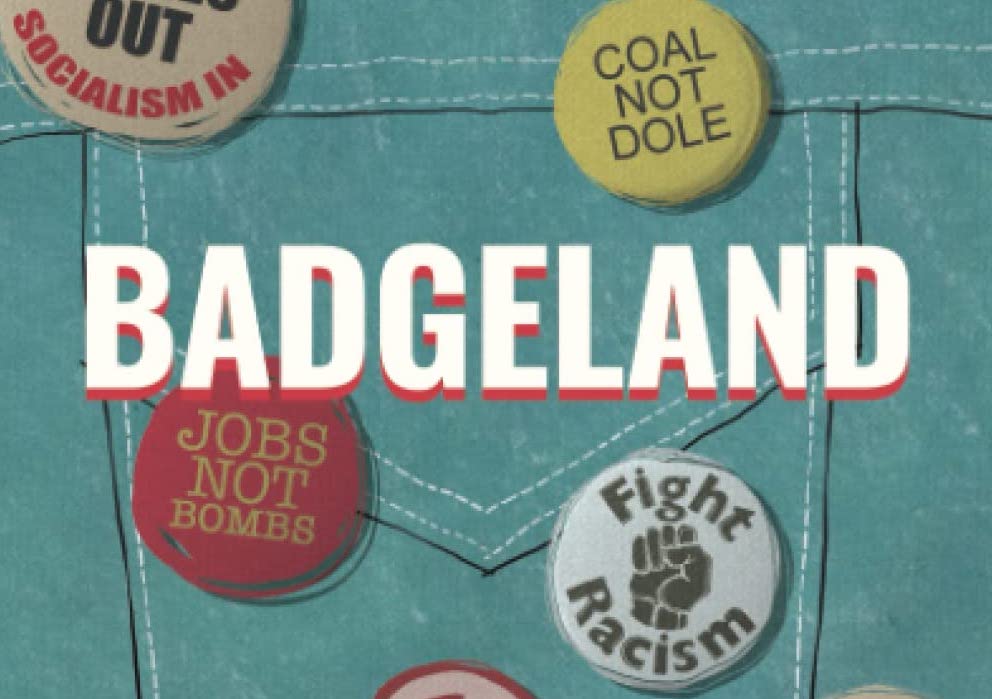13 FEBRUARY 2023 | REVIEW
To anyone who discovered politics during their teenage years, Steve Rayson’s Badgeland will feel deeply familiar. Rayson’s reflections on his radical youth touch on truths that can be appreciated across the political spectrum, as well as by those who do not care for politics at all.
It is an education on the political and social conditions of Britain in the ‘70s and ‘80s woven into one man’s personal journey, and delivered with a warmth and affection that has the reader yearning for the place and time that Rayson describes.
Rayson’s tale is as relatable to old hands as it is to young bucks. He artfully captures the awkwardness of the first years of political engagement: the confident nods during conversations on subjects about which he knew nothing; the allure of pretty and political girls; the zeal of feeling as though one is ‘on the right side of history’.
Badgeland also highlights a certain set of eternal features shared by many a young leftist. Whereas Rayson’s badge-covered chest “demonstrated [he] was on the side of Joe Strummer against the racists and the fascists”, today’s leftists tell you their pronouns and list their causes in their Twitter bio: trans rights, BLM, feminism, and so on. The tendency towards wearing one’s politics as fashion statements — externalising them — appears to be an intrinsic part of a young leftist’s engagement in politics, and was as present then as it is now.
Rayson’s personal journey from radical revolutionary to worldly-wise entrepreneur — one of “Thatcher’s children” — is as fascinating as it is telling. Rayson came to learn, as all revolutionaries inevitably must, that the people who he nominally represented did not, in fact, want what he thought they should want. They did not want the brave new world that he and his comrades tried to sell them; they wanted their club, their pint, their car, their home, and their family. And as Rayson acquired a stake in society, he too arrived at this conclusion.
Badgeland is brimming with nostalgia. The traditional character of Britain and the British can be felt throughout, offering a glimpse into a homeland that seems, to many, to be slipping away. The young Rayson had a place where he felt he belonged, a local community in which he was an irreplaceable member, and local institutions that he enjoyed and felt proud of.
Young people today, political or otherwise, are starving for these things. Rayson takes the reader on a tour of late-20th-century England, from Swindon to Bath to London, and his endearing style brings forth a picture of a nation that, though struggling, had a cohesive and integrated identity. Despite his position as a radical leftist, even the young Rayson at least instinctively understood that belonging and community were to be found in warm and parochial local institutions — ones which had not come about as a product of revolution.
Wherever you fall politically, Badgeland is a profound and touching glimpse into the last five decades of British political history, and describes one man’s archetypal transition from radical and revolutionary youngster to wise and accomplished adult. Through its narrative, Badgeland highlights the position that politics should occupy in one’s life and in society more broadly; important, but secondary to personal satisfaction, a feeling of home and belonging, and love of family, friends, and community.
In the end, Rayson found his revolution. But it came ultimately from within, not without.



















[…] Originally published here […]
[…] Originally published here […]